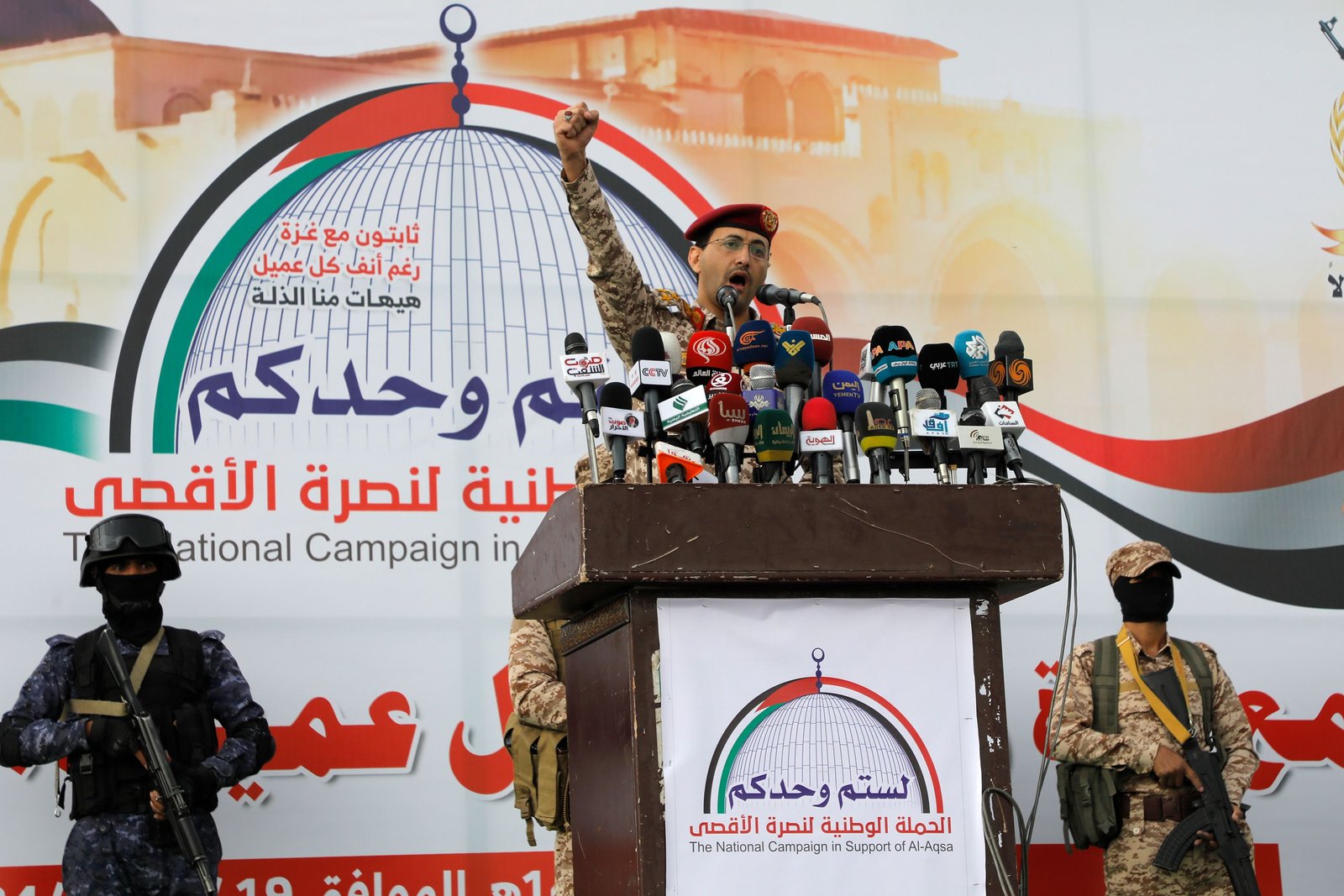Houthi Rebels Announce Support for Iran Against Israel Amid Growing Nuclear Conflict in the Middle East
The ongoing military conflict between Iran and Israel has taken a new turn as Yemen's armed Houthi rebel group, Ansarullah—one of Tehran’s closest allies—has declared its participation in direct military action against Israel in coordination with Iran
Houthi Rebels Announce Support for Iran Against Israel Amid Growing Nuclear Conflict in the Middle East
Houthi Rebels Announce Support for Iran Against Israel Amid Growing Nuclear Conflict in the Middle East
Tehran, 20 June 2025
The ongoing military conflict between Iran and Israel has taken a new turn as Yemen's armed Houthi rebel group, Ansarullah—one of Tehran’s closest allies—has declared its participation in direct military action against Israel in coordination with Iran, claiming to act in solidarity with the Palestinian cause.
In a statement on Telegram, Houthi military spokesperson Yahya Saree said, “Our forces have launched ballistic missiles at the Israeli city of Jaffa in coordination with Iran’s defense operations.” The group described the attack as “an expression of solidarity with the Palestinian people.”
Since 2023, the Houthis have targeted Israeli interests and commercial ships in the Red Sea in protest of the Gaza situation.
Houthi Strikes and Reactions
Following Israel’s airstrikes on Iranian military facilities on June 13, the Houthis launched ballistic missile attacks on Israel two days later. Houthi-affiliated analyst Hussein al-Bukhaiti explained, “This move is meant to show Israeli civilians what Palestinians endure under constant terror.”
While most of the attacks have been intercepted, a Houthi drone did strike Israel’s Ben Gurion Airport in Tel Aviv in May, injuring six people and temporarily grounding air traffic.
Middle East analyst Nicholas Bramfield stated, “Houthi strikes are forcing Israel to divert defense resources to the south, complicating its ability to repel a major assault from Iran.”
Red Sea and Strait of Hormuz: Signs of a Wider Maritime Conflict
Since November 2023, the Houthis have carried out attacks on Israel-linked vessels in the Red Sea. After a reported informal agreement with the United States in May, these attacks subsided. However, the Houthis have now warned that if the U.S. assists Israel against Iran, they will no longer honor the deal.
Houthi spokesperson al-Bukhaiti said, “If the U.S. becomes a party to the war, we will tear up the agreement—just as Trump once withdrew from the Iran-U.S. nuclear deal.”
Around 20% of the world’s oil passes through the Strait of Hormuz, which Iran has already threatened to close. The Houthis have hinted at a similar blockade in the Red Sea.
Bramfield warned, “The Houthis could disrupt global trade using naval mines with relative ease.”
In 2015, a Saudi-led coalition launched a military campaign against the Houthis. Although a ceasefire was declared in 2022, a permanent peace deal has yet to be reached. The Houthis have also warned that U.S. bases, and military installations in Saudi Arabia and the UAE could become targets.
In 2019, Houthi drone strikes cut Saudi oil production by 50%. Fears of similar attacks are now resurfacing.
Analysts suggest the current tension may create opportunities for anti-Houthi factions, though they still lack the capability to retake and govern Houthi-controlled areas effectively.
With Iran, Israel, the U.S., and the Houthis increasingly drawn into confrontation, the risk of a full-scale regional war looms large. Maritime trade, Gulf security, and global oil supply are all now under threat.










